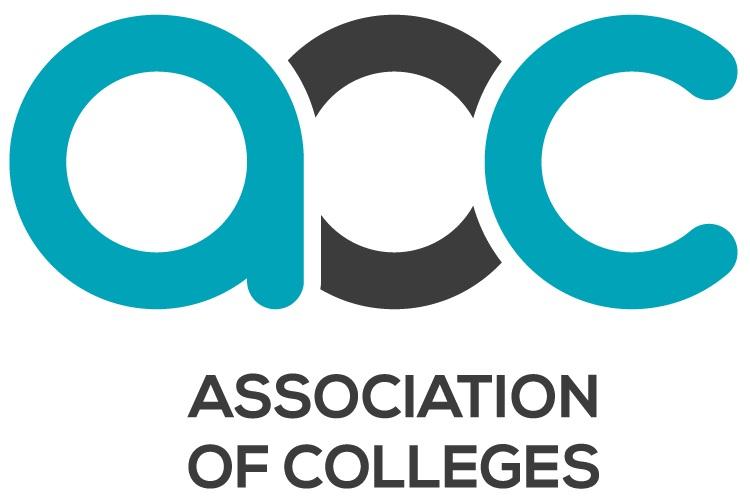‘Level up’ further education’s export potential

The results from the Association of Colleges’ 2019 international survey have revealed that simple policy changes and support could unlock the export potential of the UK’s further education colleges.
International activity in colleges is static yet the global demand for skills training is rising. While many colleges have a strong offer globally, FE makes up only 1.4% of UK education exports compared to more than 15% from comparable sectors in Canada and Australia. As the UK leaves the European Union it is more important than ever that colleges are empowered to be outward-facing and that the government prioritises technical and vocational education.
Policy and operational barriers exist for colleges currently trying to grow their global vocational training offer and recruit international students who contribute financially, academically and culturally to college communities. 41% of survey respondents said if they had the right capacity and support, they could deliver more and offer better training, programmes and expertise sharing.
Very little centralised data exists on international activity in colleges and no formal mechanism exists to capture this information. AoC’s survey aims to fill the gap by showing that colleges are undertaking a whole host of activities, in a broad range of countries. Colleges also provide clear pathways to higher level study and 61% of respondents said over 75% of their international students progress into higher education.
To ensure that colleges are ready to deliver on the government’s 2019 international education strategy and meet the demand for skills training, the Association of Colleges is keen to work with Government to review and implement recommendations from the 2018/19 report:
- Tier 4 visa restrictions such as Educational Oversight rules, visa extensions in-country and student part-time working rights should be lifted to allow FE international student numbers to grow, especially from countries where there is a clear demand for skills education.
- Mechanisms to capture quantitative and qualitative data on international work in colleges should be developed, for example by the Home Office splitting out public and private FE figures.
- An accurate picture of FE’s readiness to deliver could be better understood through an audit that identifies barriers to export and colleges’ training/support needs.
AoC International Director, Emma Meredith said:
“Despite over ten years of a difficult visa and financial environment, UK colleges have continued to provide great opportunities overseas and excellent learning experiences on campus for international students. Although, as today’s survey shows, there is potential to do so much more.
It’s the right time to look seriously at how this potential can be met as the UK leaves the EU and the new points-based immigration system brings significant change to how the economy and businesses tackle skills gaps.
AoC seeks to work with the government to take up our recommendations, enabling colleges to meet the growing need for vocational training overseas, to offer enriching cultural and learning programmes like Erasmus and to boost the UK’s skills sector.”
You can read the full report here.











Responses